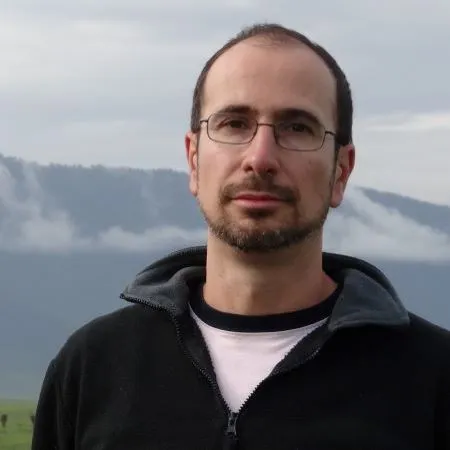The increasing global demand for farmland products is placing unprecedented pressure on the global agricultural system and has recently led to episodic food crises. New bioenergy policies, changes in diets, and population growth have eroded the ability to cope with shocks in the global food system. Several countries are not self-sufficient, and their food security strongly depends on trade, which becomes unreliable when the supplies in the international food market are scarce. As a result, investments in agriculture have become a priority for a number of governments and corporations that are trying to expand their agricultural production while securing good profits. Both trade and large-scale land acquisitions in the developing world are contributing to a globalization of land, water, and food. This phenomenon leads to a displacement of land use and a disconnection between human populations and the land and water resources they rely on. Despite the recognized importance of the role of trade in global and regional food security, the societal reliance on domestic production and international trade remains poorly quantified. The way societies virtually modify their access to land, water and food through trade and foreign land acquisitions is here discussed in the context of food security, environmental stewardship, and sustainability of rural livelihoods.
Presenters
Paolo D'Odorico
Dr. Paolo D’Odorico is a professor of Ecohydrology and Water Resources in the Department of Environmental Science, Policy, and Management at the University of California, Berkeley. Prior to that role, he was a Professor in Environmental Science at the University of Virginia. In 2015, Paolo took a sabbatical and spent 6 months at SESYNC as a Research Fellow. As an active SESYNC participant, he led a team synthesis project and also joined other synthesis projects, to which he contributed his expertise on the role of hydrological processes in the functioning of terrestrial ecosystems...
Paolo D'Odorico
Dr. Paolo D’Odorico is a professor of Ecohydrology and Water Resources in the Department of Environmental Science, Policy, and Management at the University of California, Berkeley. Prior to that role, he was a Professor in Environmental Science at the University of Virginia. In 2015, Paolo took a sabbatical and spent 6 months at SESYNC as a Research Fellow. As an active SESYNC participant, he led a team synthesis project and also joined other synthesis projects, to which he contributed his expertise on the role of hydrological processes in the functioning of terrestrial ecosystems. Particularly relevant to SESYNC, he made significant contributions to research in the areas of virtual water trade, water equity, societal resilience, environmental stewardship, and food security. As part of Paolo’s research work on the soil-water balance, he has highlighted important nonlinearities in the coupling between soil-moisture dynamics and plant-water stress, biogeochemical cycling, land-atmosphere interactions, plant-community composition, and soil susceptibility to wind erosion. Using field observations and process-based models, he has investigated new mechanisms of desertification and factors contributing to the resilience of the desert margins. Additionally, his research group has highlighted the role played by positive feedbacks with the physical environment on the resilience of savannas, dry tropical forests, desert shrublands, freshwater wetlands, mangrove swamps, and seagrass meadows. This work has shown how environmental noise may increase the complexity of ecosystem dynamics by inducing new states, bifurcations, or pattern formation.
External Links:
https://ourenvironment.berkeley.edu/people/paolo-dodorico
https://nature.berkeley.edu/paololab/
https://scholar.google.co.uk/citations?user=XhR90n8AAAAJ&hl=en
